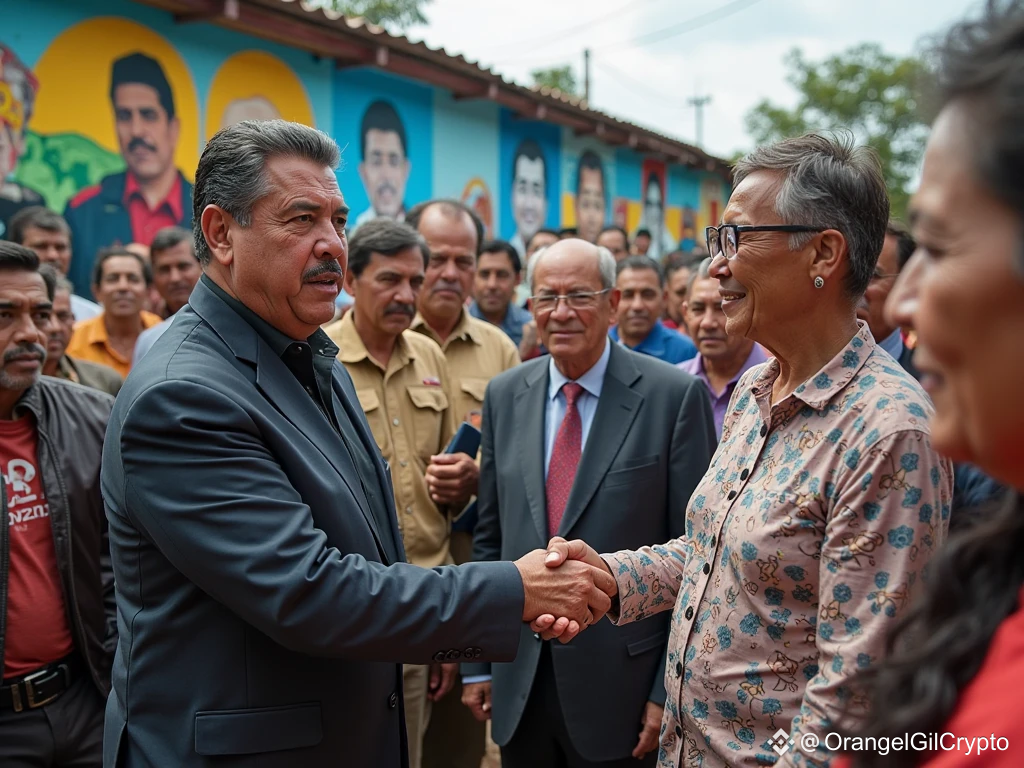Power in the Grassroots: Maduro’s Communal Expansion
While Venezuelan President Nicolás Maduro accelerates the construction of “communes” — self-governing community structures originally envisioned by Hugo Chávez — the initiative has extended even into territories governed by elected opposition leaders. Maduro frames the project as “the deepening of participatory socialism”, reinforcing political decentralization under a socialist framework.
Political analyst Luis Vicente León, president of Datanálisis, explains:
“The communes are not just administrative units; they are political laboratories. Their expansion into opposition-led areas changes the local power dynamics, giving Caracas a direct channel to citizens while bypassing traditional municipal controls.”
Across the Hemisphere: Trump’s Renewed ‘Cartel of the Suns’ Narrative
In contrast, U.S. President Donald Trump recently revived accusations about a so-called “Cartel of the Suns”, a term used by certain U.S. agencies to allege drug trafficking ties involving high-ranking Venezuelan officials.
“These allegations are part of a larger geopolitical narrative, where control of information shapes not only foreign policy but also the perception of legitimacy in global markets,” notes Dr. Michael Shifter, senior fellow at the Inter-American Dialogue.
While such claims have long been a diplomatic flashpoint, the current revival comes amid intensifying global competition for resources, political influence, and — notably — digital financial channels.

Where Politics Meets Blockchain
In the evolving financial battlefield, Venezuela has embraced cryptocurrency as part of its economic adaptation strategy. While political narratives dominate headlines, local traders increasingly turn to USDT, BTC, and even XRP as hedges against inflation and sanctions.
According to Chainalysis, Venezuela ranks among the top 10 nations in peer-to-peer crypto adoption. The government itself has previously experimented with state-backed crypto initiatives, signaling an awareness of blockchain’s potential to bypass traditional economic blockades.
“When you combine political decentralization with blockchain adoption, you get a model that can challenge centralized global financial oversight,” says Ari Redbord, Head of Legal and Government Affairs at TRM Labs.
Could Decentralization Outrun Geopolitics?
The convergence of communal governance and crypto-enabled financial resilience in Venezuela poses an intriguing question:
If blockchain can distribute economic power, can it also neutralize geopolitical pressure?
This is not merely a Venezuelan issue — it reflects a broader trend in which governments, activists, and even dissidents are exploring DeFi tools to resist external constraints, shifting the power balance in a multipolar world.

